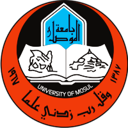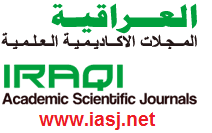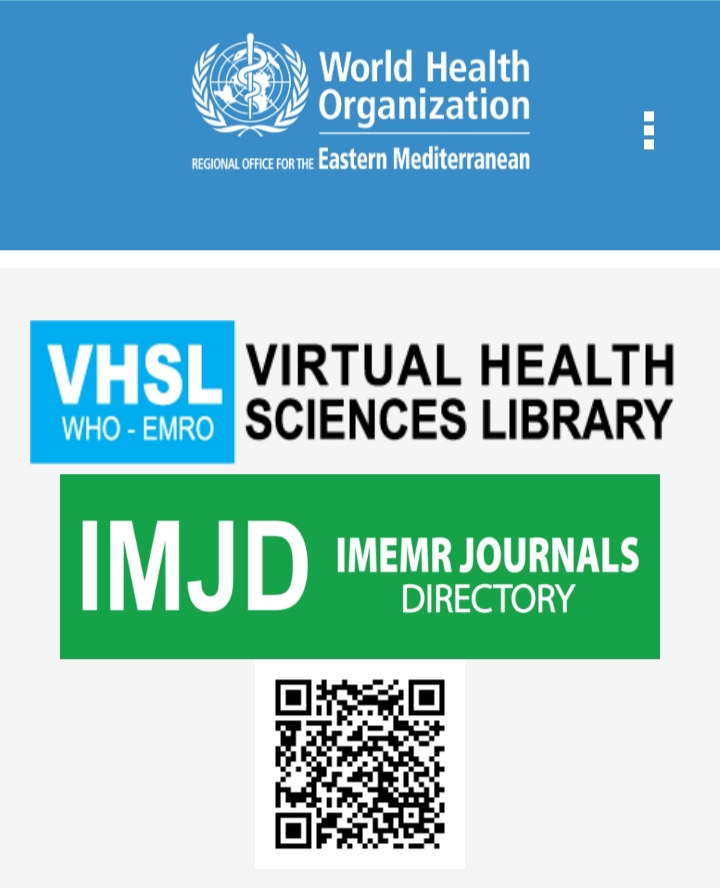The antimicrobial effect of water extraction of Salvadora persica (Miswak) as a root canal irrigant
Abstract
The aim of this study was to evaluate the antimicrobial effect of 10% water extraction of Salvadora persica (Miswak) when used clinically as an endodontic irrigant. Twenty four uniradicular teeth with necrotic pulps were chosen. The patients were divided randomly into 2 groups: Experimental group, in which water extract of Salvadora persica (10%) was used as a root canal irrigant; and control group, in which distilled water was used as a root canal irrigant. Bacteriological samples were obtained from the canal at the step of working length determination (before the canal was subjected to instrumentation and irrigation procedures), and at the end of the biomechanical instrumentation procedures by using a sterile Kfile. The file was separated from the handle using a sterile wire cutter, and the severed portion was placed in a sterile screwcapped vial containing 5 ml of thioglycollate broth as a transport media. A 0.1 ml of thioglycollate broth was inoculated on each of two brainheart infusion agar plates: One plate was incubated under aerobic conditions, and the other was incubated under anaerobic conditions using anaerobic jar and gas pack anaerobic system. Both plates were incubated at 37 C for 24 hours; then, the number of bacterial colonies was counted. The results revealed that 10% water extraction of Salvadora persica is an effective antimicrobial agent when utilized clinically as an irrigant in the endodontic treatment of teeth with necrotic pulps.











